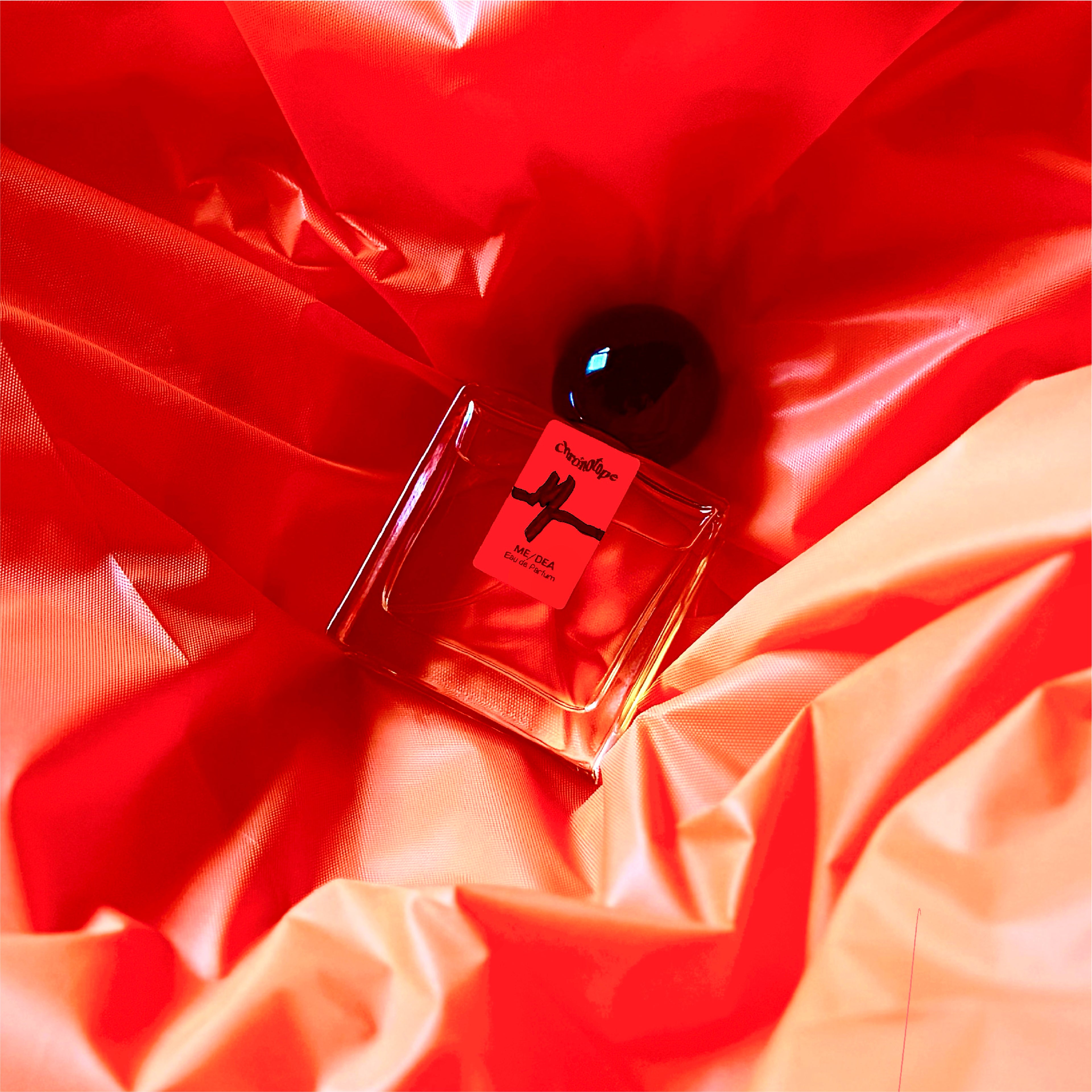Skip to product information


$135.00 USD
Taxes included.
Shipping calculated at checkout.
[US orders $45+ receive free shipping]
You can also try Me/dea EdP in these sample sets:
MORE INFORMATION ABOUT ME/DEA EAU DE PARFUM↓
 Structure
Structure
 Feeling
Feeling
 Presence
Presence
 Projection
Projection
 Sculpture
Sculpture
COMING SOON
 What Wearers Say
What Wearers Say
 Allergen Info
Allergen Info
Me/dea EdP meets IFRA 51 guidelines for Category 4 (fine fragrance) and contains the following fragrance allergens (≥0.001%):
 Shipping, Returns, & Refunds
Shipping, Returns, & Refunds
People who enjoy Me/dea EdP also like…



 Structure
Structure
 Feeling
Feeling
 Presence
Presence
 Projection
Projection
 Sculpture
Sculpture
 What Wearers Say
What Wearers Say
 Allergen Info
Allergen Info
 Shipping, Returns, & Refunds
Shipping, Returns, & Refunds
